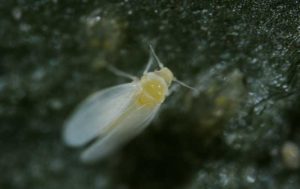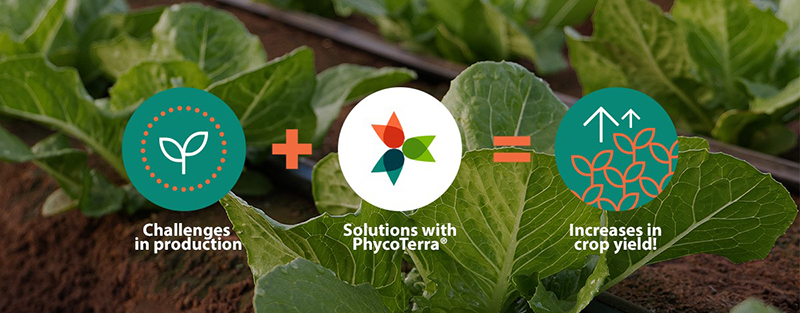Exotic Whitefly On The Move In Florida
What growers and scientists feared could happen when the infamous Q-biotype whitefly was found a few months ago for the first time outside greenhouses and nurseries in Florida, is now happening. The voracious pest is on the loose and is spreading throughout the state.

Photo courtesy of UF/IFAS
The Q-biotype, or Mediterranean whitefly (Bemisia tabaci), has spread from the initial discovery point in Palm Beach County to seven other Florida counties, according to UF/IFAS Researcher Lance Osborne.
The whitefly species has now been reported in homeowners’ yards and on plants in retail nurseries destined to be planted in yards as far north as Duval County. It’s also in Broward, Highlands, Hillsborough, Martin, Pinellas, and Seminole counties, Osborne said.
Crops that could eventually be affected include tomatoes, squash, beans, watermelons and many other vegetables and ornamentals.
In April, when the whitefly was found for the first time outside greenhouses and nurseries in Florida, it also marked the first time the Q-biotype of B. tabaci had been found outside a greenhouse or nursery in the U.S. in more than a decade.
Inspectors from the Florida Department of Agriculture and Consumer Services are in the process of tracing the flies back to the wholesale nurseries that shipped the plants to the retail stores. From there, nurseries can work with UF/IFAS on appropriate management practices.
Nurseries that suspect whitefly infestations should contact USDA-ARS Research Entomologist Cindy McKenzie. She will only report positive finds to the county level. Growers will not be identified.
The agenda for the upcoming 2016 Florida Ag Expo is slated to feature an educational session discussing the status of the Q-biotype whitefly in Florida.
If homeowners suspect they have a Q-biotype whitefly in their yard, they should use soap and oils that are sold as insecticides or just call a professional exterminator.









